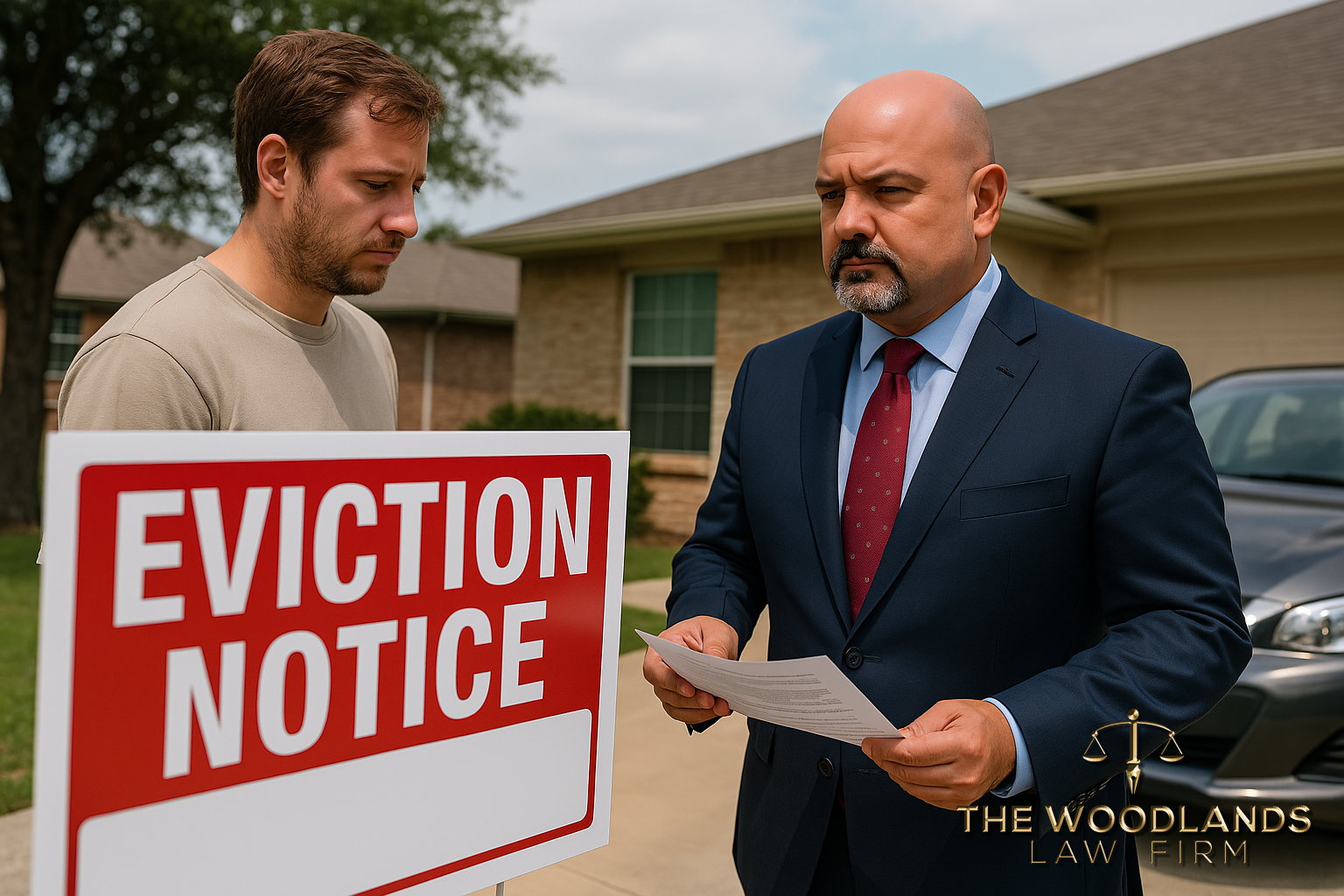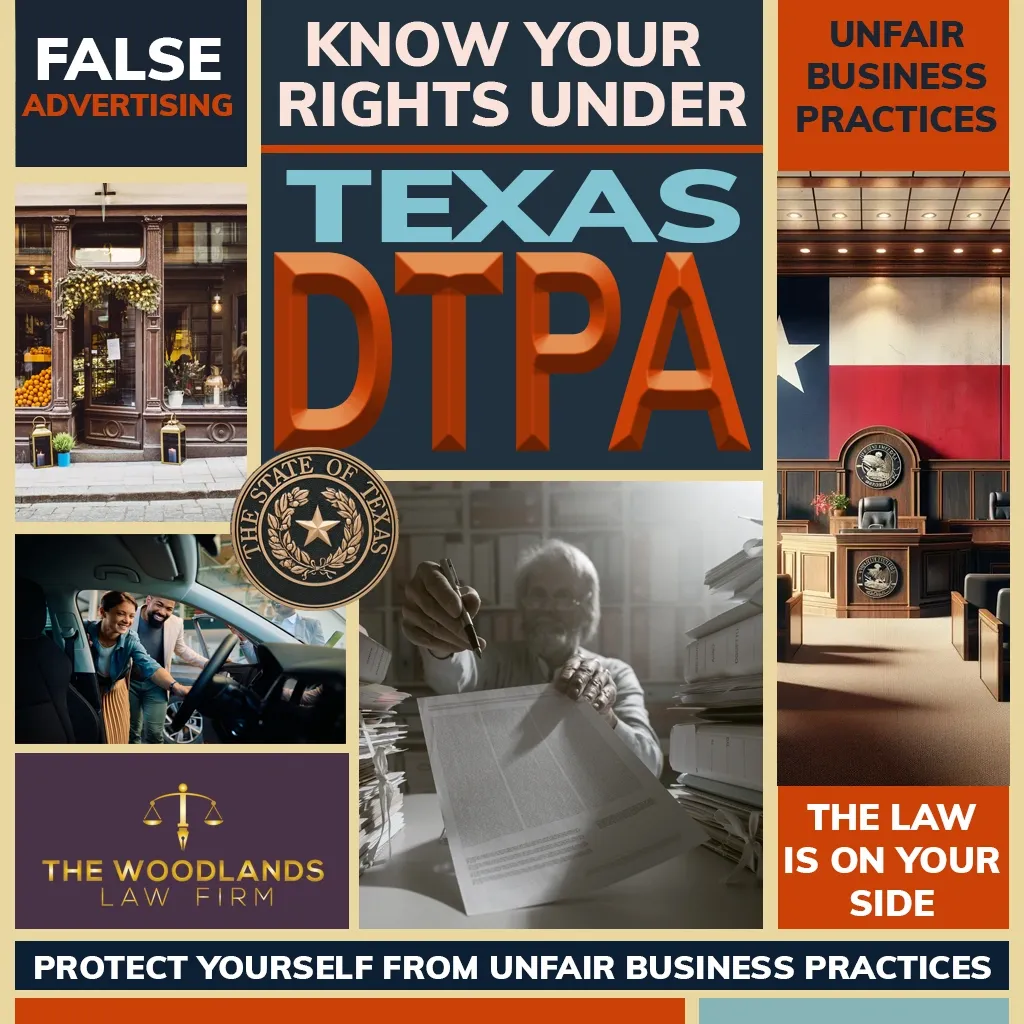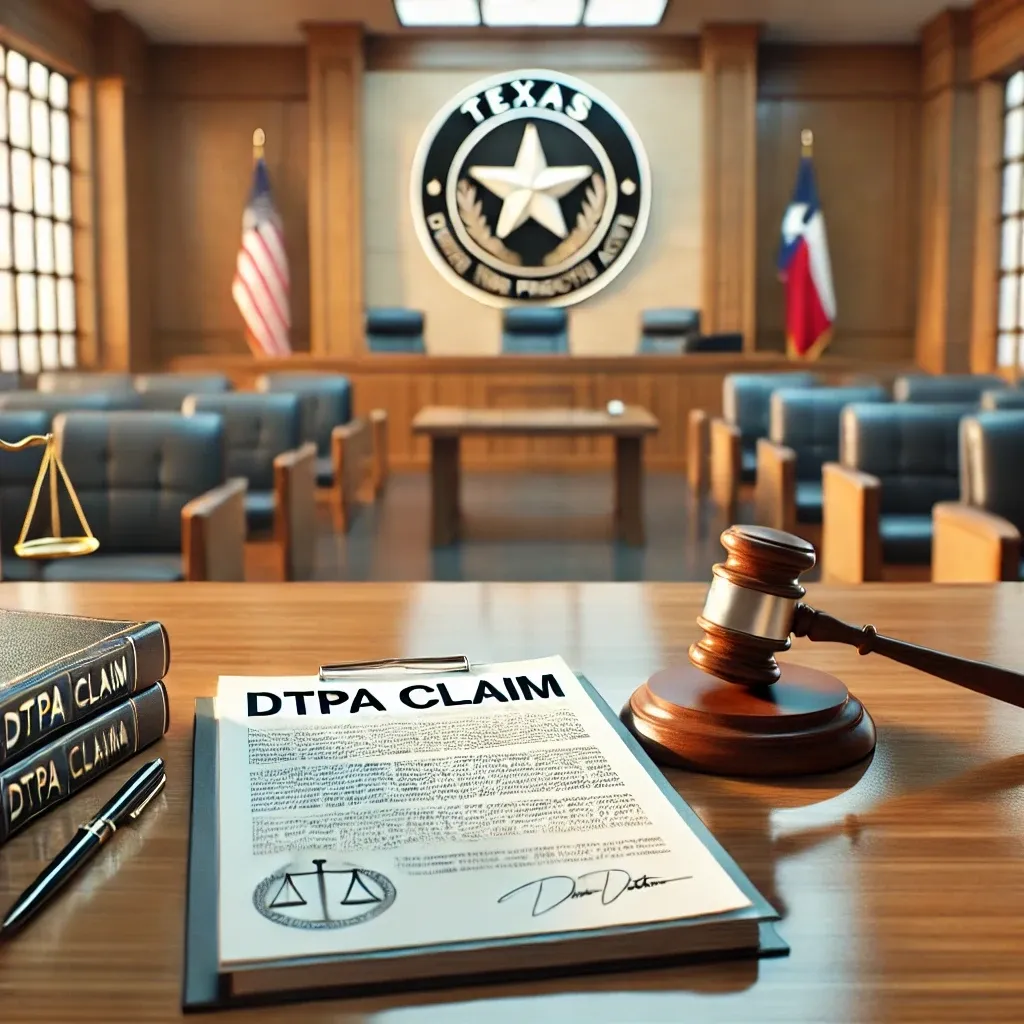Texas law provides several tools for protecting personal and business assets. Among the most effective legal tools available is the use of a trust. A properly structured trust can help reduce exposure to creditors. However, not all trusts offer the same level of protection. Understanding how a trust functions under Texas law can help individuals make informed decisions about their estate plans.
What Is a Trust in Texas?
A trust is a legal relationship in which one party (the trustee) holds and manages property for the benefit of another party (the beneficiary). The person creating the trust is called the grantor or settlor. Trusts can be revocable or irrevocable. The type of trust used can significantly impact whether the assets in the trust remain protected from creditors.
Revocable Trusts Do Not Protect Assets from Creditors
In Texas, a revocable living trust does not protect assets from creditors. This type of trust allows the grantor to retain full control of the assets and revoke or amend the trust at any time. Because the grantor still has control over the property, creditors can reach the trust assets to satisfy debts during the grantor’s lifetime.
Irrevocable Trusts Can Provide Creditor Protection
An irrevocable trust, in contrast, removes assets from the grantor’s control. Once assets are transferred to an irrevocable trust, the grantor cannot modify the trust or reclaim the property. This separation makes it more difficult for creditors to access the assets, assuming the trust is not a sham or created to defraud existing creditors.
Under Texas law, a properly formed irrevocable trust can protect trust assets from the grantor’s personal creditors. This protection depends on when and how the trust was created. Courts will look at whether the transfer of assets was made in good faith and without the intent to hinder, delay, or defraud creditors.
Texas Spendthrift Trusts Offer Strong Protection
A spendthrift provision prevents a beneficiary from assigning or transferring their interest in a trust before they receive a distribution. Texas law recognizes and enforces spendthrift provisions in valid trusts. If the trust includes these terms, creditors generally cannot reach the trust assets before they are distributed to the beneficiary.
This protection applies even if the beneficiary has outstanding debts. However, the law provides exceptions in certain cases, such as for child support or spousal maintenance. Once a distribution is made, creditors may attempt to collect from the distributed funds.
Self-Settled Trusts and Asset Protection Limitations
Texas law does not permit full asset protection through a self-settled trust. A self-settled trust is one where the grantor is also a beneficiary. If a person creates a trust, transfers assets into it, and still benefits from the trust, creditors may reach those assets.
Some states allow asset protection trusts that shelter self-settled trust assets. Texas is not one of those states. Anyone considering this type of planning must use caution and avoid relying on out-of-state laws that may not apply in Texas courts.
Fraudulent Transfers and the Lookback Period
If a person creates a trust while facing legal action or after incurring a debt, the transfer may be viewed as a fraudulent conveyance. Creditors can challenge these transfers and may ask a court to void them. Texas has a four-year statute of limitations for most fraudulent transfer claims. However, the timing of the transfer and the intent behind it will heavily influence the court’s decision.
Protecting Assets Requires Early Planning
Trust-based asset protection is most effective when done in advance. Courts will scrutinize any transfers made after a creditor claim arises. Transferring property into an irrevocable trust while in litigation or shortly before filing bankruptcy will likely result in the trust failing to protect those assets.
Proactive planning can provide a stronger legal foundation and increase the chance of maintaining creditor protection. Trusts should be structured with guidance from experienced legal counsel to ensure they comply with Texas law and hold up under scrutiny.
If you have questions about protecting your assets through the use of a Texas trust, our attorneys are here to help. Schedule a free 15-minute consultation with The Woodlands Law Firm at https://link.woodlands.law/book or call us at (832) 626-0116.









